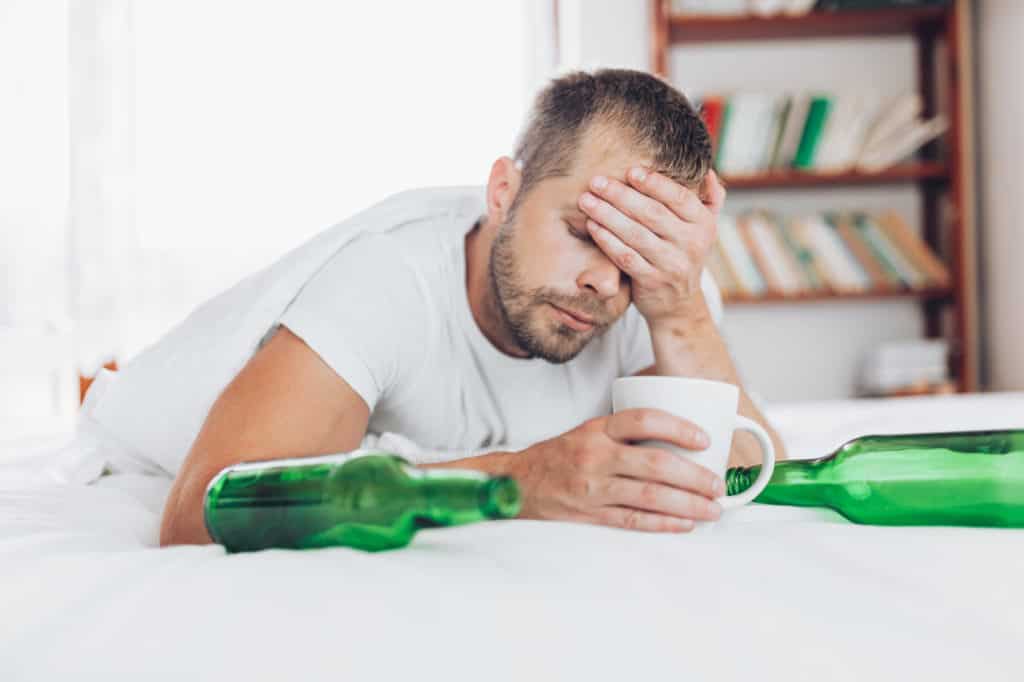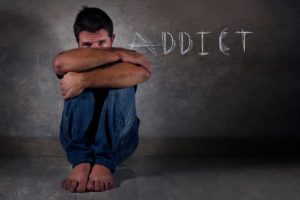More than 15 million adults in the United States struggle with an addiction to alcohol. Of these 15 million people, less than half receive help each year.
The longer someone goes without getting help for the addiction, the harder it is for them to quit.
Prolonged alcohol abuse can also have a serious impact on a person’s physical and mental health. It can even impact their sleep quality.
Some people think of alcohol as the ultimate sleep aid.
That’s not exactly the case, though. In fact, there’s a pretty strong connection between alcohol and insomnia. Read on to learn more about it.
What is Insomnia?
First, let’s get clear on what insomnia really is. Many people claim to have insomnia if they have one night of poor sleep. There’s a bit more to it than that, though.
Insomnia is a sleep disorder that affects millions of Americans.
Between 15 and 20 percent of adults suffer from short-term insomnia (which lasts for three months or less), and 10 percent of adults suffer from chronic insomnia (which lasts for at least three months and occurs at least three times per week).
Insomnia is characterized by an inability to fall or stay asleep. This, in turn, can lead to a variety of other symptoms, including the following:
- Daytime fatigue
- Poor concentration ability
- Poor memory
- Mood swings
- Decreased motivation
- More frequent errors or accidents
Insomnia can have an especially detrimental effect on one’s school or work performance. It even leads to $63 billion in lost work performance each year.
Alcohol and Insomnia
Okay, you know what insomnia is. What’s the deal with alcohol and insomnia, though? Doesn’t alcohol help you get to sleep?
Not really.
Alcohol doesn’t really put you to sleep. It renders you unconscious. If you drink to the point where you pass out, you are not going to experience the restorative benefits of sleep.
Alcohol hinders your body’s ability to reach deep REM sleep. Without this deep sleep, you’re mind and body cannot recover effectively. As a result, you’ll likely feel tired, sluggish, and slow the next day, even if you were technically asleep for an adequate amount of time.
The problem is that many people don’t realize that their alcohol use isn’t actually helping their sleep problems. Instead, they continue to consume alcohol to help them relax until they develop a dependence on it.
One beer may have been enough to help them get to sleep before, but soon they’ll need two or three or more to experience the same effect. This is how addiction begins.
Alcohol and Breathing Disorders
Alcohol consumption before bed can also lead to breathing problems at night.
There’s a strong link between alcohol use and an increased risk of sleep apnea.
Sleep apnea occurs when the upper passageway of the throat narrows or closes. This leads to a cessation of breathing and causes the individual to wake up in the middle of the night.
In severe cases, people with sleep apnea can experience insomnia and find themselves waking up hundreds of times during the night. How are you supposed to rest and recover when this is happening?
Drinking large quantities of alcohol can also cause episodes of sleep apnea in people who don’t normally experience it. This is because high amounts of alcohol narrow the upper airway.
A dependence on alcohol before bed doesn’t just increase sleep apnea and insomnia risk. It can also increase your risk of heart attack, stroke, arrhythmia, and even sudden death.
Signs You Have a Drinking Problem
As you can see, the link between alcoholism and insomnia is pretty serious. How do you know that you truly have a problem with alcohol, though?
Here are some symptoms that are common among folks who overconsume or are overly dependent on alcohol:
- Drinking alcohol in larger quantities or more often than you originally intended
- Being unable to cut down, even if you want to
- Neglecting other responsibilities in order to consume alcohol more often
- Regularly engaging in risky behaviors while under the influence of alcohol
- Refuse to stop drinking even when someone expresses concern
If you have a problem with alcohol, you may also experience withdrawal symptoms when you go too long without drinking it. These symptoms could include headaches, nausea, fatigue, insomnia, tremors, and irritability.
Overcoming Alcoholism
If you are exhibiting signs of alcoholism and you’re ready to stop dealing with insomnia, sleep apnea, and other issues that accompany alcoholism, now is the time to take action.
Once you’ve acknowledged that you have a problem, the next step is to seek support. There are a variety of addiction recovery programs and services out there designed to help you overcome an addiction to alcohol and regain control over your life.
It’s recommended that you work with a professional as you begin your recovery process. An addiction recovery professional can provide you with additional support and make sure you have the resources you need to detox safely and maintain your sobriety.
Sleep Problems in Recovery
Often, when someone first stops using alcohol (especially if they’ve been treating it like a sleep aid), they experience sleep issues. They may be more tired than usual, or they may experience difficulty falling asleep.
Some tips to help avoid these issues include:
- Engaging in relaxing activities (stretching, meditating, reading, journaling, etc.) before bed
- Creating and sticking to a nighttime routine
- Avoiding stressful situations before bed
It’s also helpful to make sure you’re eating an adequate amount of protein and omega-3 fatty acids during the day, too. Your body needs these nutrients to recover and repair itself when you go to sleep at night.
Get Help Today
Often, the more someone learns about the ramifications of alcohol abuse, the more inclined they are to quit.
Now that you know more about the link between alcohol and insomnia, are you ready to give up alcohol for good? You’ll be amazed at how much better your sleep gets when you’re no longer reliant on alcohol.
Contact us today to begin the admissions process or to learn more about our addiction recovery services. We’ll return your call within 12 hours so you can get started on your journey toward sobriety as soon as possible.
Author
-

President, CEO & Founder at Northbound Treatment Network
Paul Alexander is the CEO, President & Founder of Northbound Treatment Network in Newport Beach, California. He believes wholeheartedly in transformational leadership, organizational health and effective, fully integrated substance use disorder and mental health treatment. With over 27 years of experience in behavioral healthcare, Paul has extensive knowledge of “in vivo” treatment modalities, clinical development, operations, strategy, marketing and financial planning. He has been widely recognized for his development of collegiate-based residential treatment programs for students in recovery and authored a research study at The University of California confirming this modality’s effectiveness.
Paul’s comprehensive professional experience, willingness to innovate, and emphasis on organizational health are vital factors in Northbound’s continued success. Paul received his Certified Addiction Treatment Specialist training at Saddleback College in Mission Viejo, CA, and was awarded Outstanding Alumni Service Award in 2002. Paul holds a Bachelor of Arts degree in Criminology, Law and Society, Summa Cum Laude, from University of California, Irvine, and a Juris Doctorate degree from Loyola Law School of Los Angeles. Paul currently serves on The National Association of Addiction Treatment Providers (NAATP) board. In addition, he serves on The Family Recovery Foundation board and The CarePossible board in Orange County; both organizations are committed to raising funds for family recovery and treatment for former military personnel. Paul is in recovery himself and lives in Orange County with his wife Silvana and his two young sons, Noah and Dean.










